Elon Musk Sam Altman Feud: ChatGPT vs Grok Battle Explained
Two of the most powerful people in technology are having a very public fight, and it is getting messy. Elon Musk and Sam Altman, who once worked together as partners, are now bitter enemies attacking each other on X (Twitter) and in courtrooms.
Their latest argument started over Apple's App Store and quickly turned into personal insults. But this is just the newest chapter in a rivalry that has been building for years. What makes this fight even stranger is that their own AI creations - ChatGPT and Grok - have started taking sides against their makers.
The drama has now spread beyond just software. Altman is secretly funding a brain chip company to compete with Musk's Neuralink. How did two people who wanted to help humanity with AI technology end up as enemies? Why are they fighting so publicly?
Let's get into it.
Why are Elon Musk and Sam Altman fighting?
Elon Musk and Sam Altman started arguing publicly on social media after OpenAI launched their newest AI model called GPT-5. What began as business competition quickly turned into personal attacks and accusations.
The drama started when Musk accused Apple of giving unfair advantages to ChatGPT in their App Store. He claimed Apple was making it impossible for other AI companies to reach the top spot. Musk even threatened to take legal action against Apple over this issue.
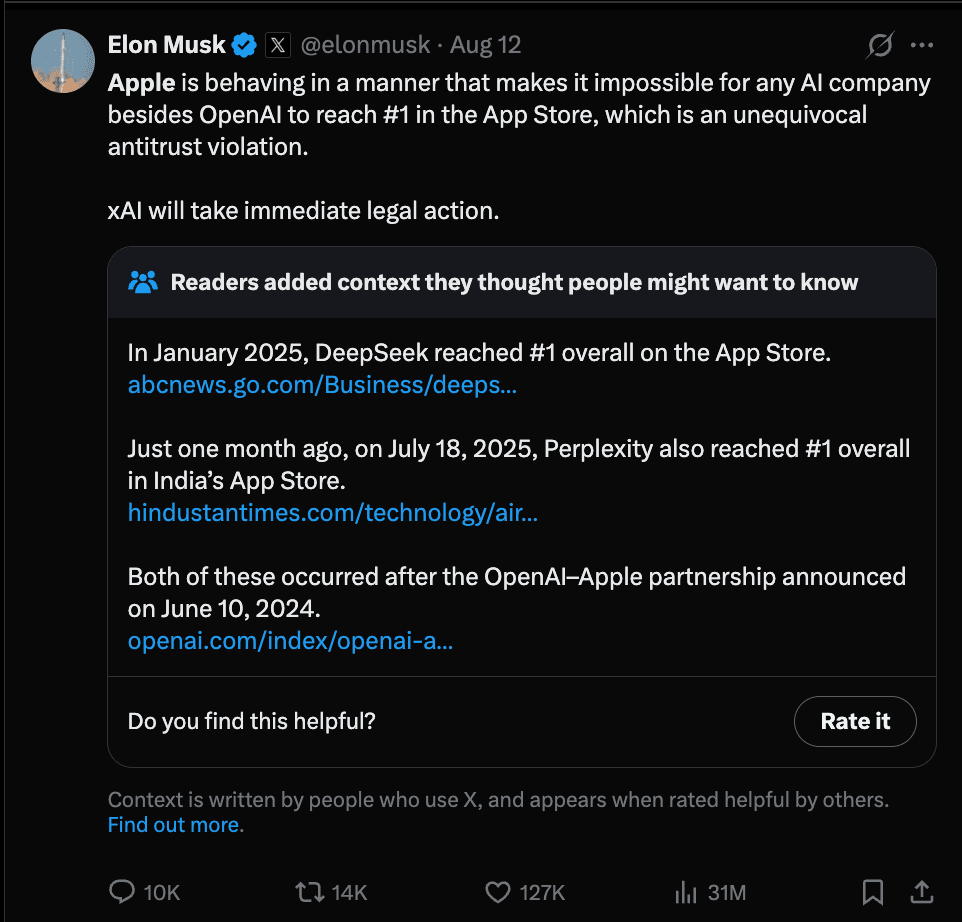
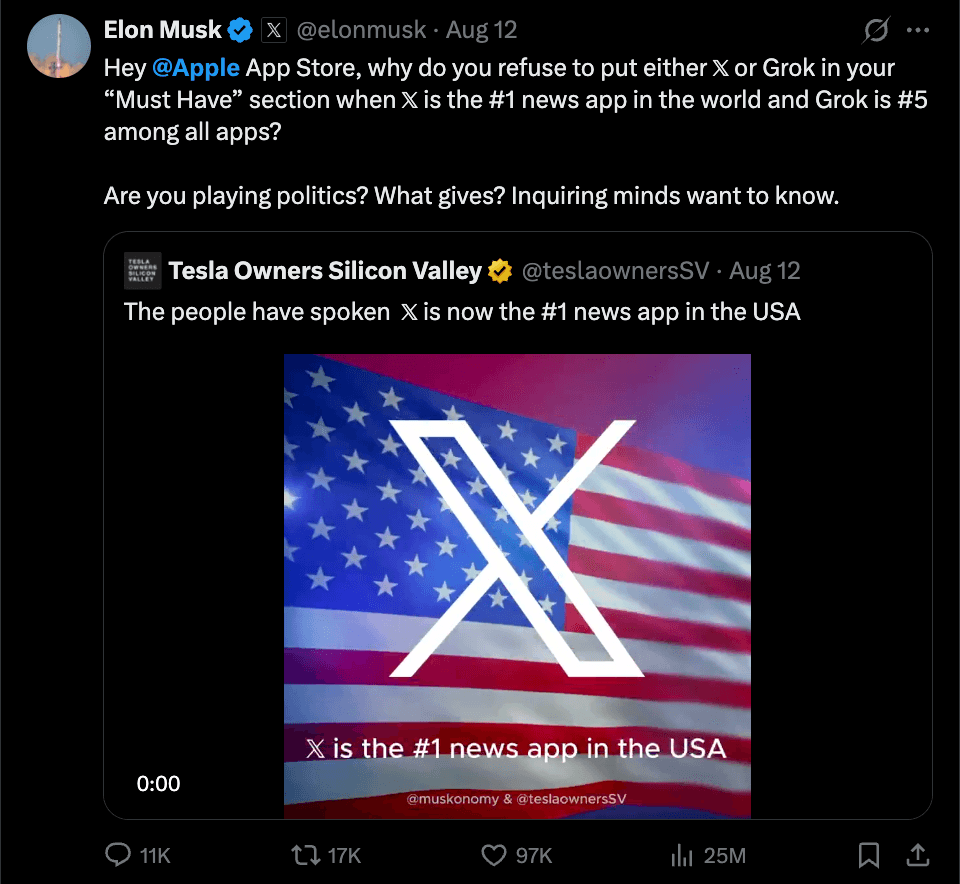
Sam Altman responded by pointing out that Musk himself might be guilty of the same behavior on X. He challenged Musk to sign a legal statement proving he never manipulated algorithms to help his companies. The argument quickly spiraled into name-calling and personal attacks.
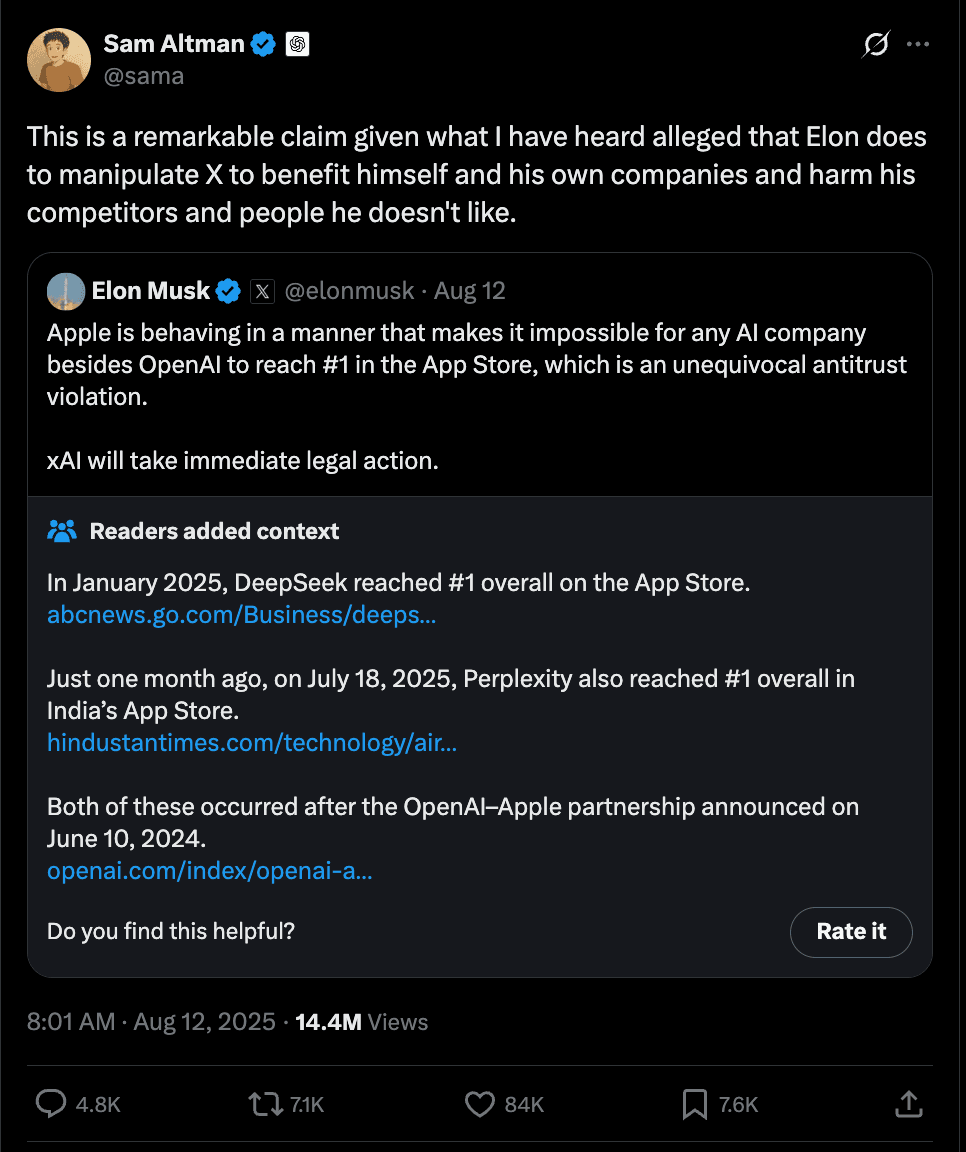
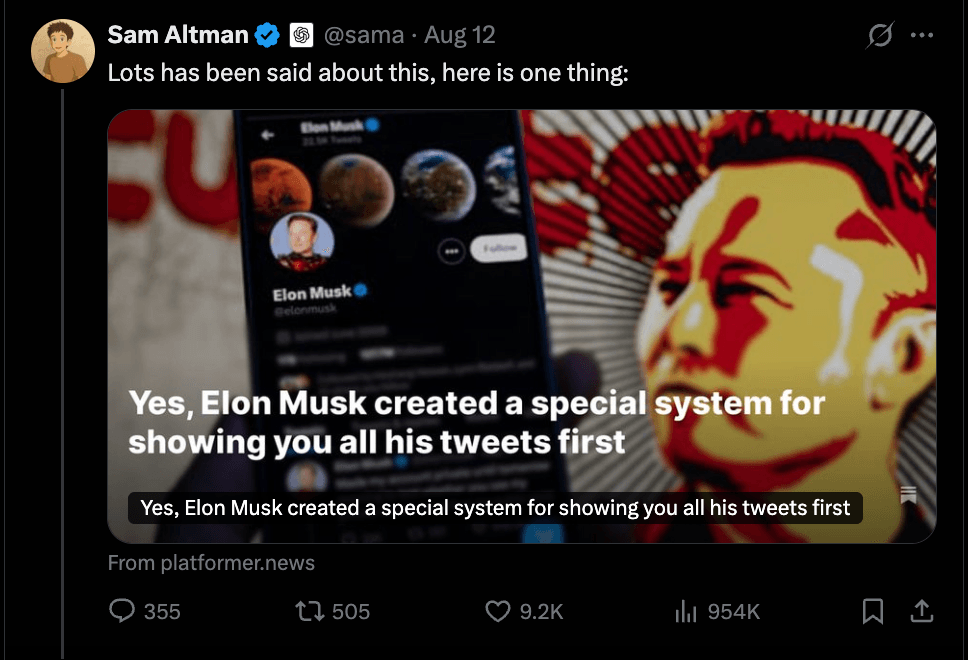
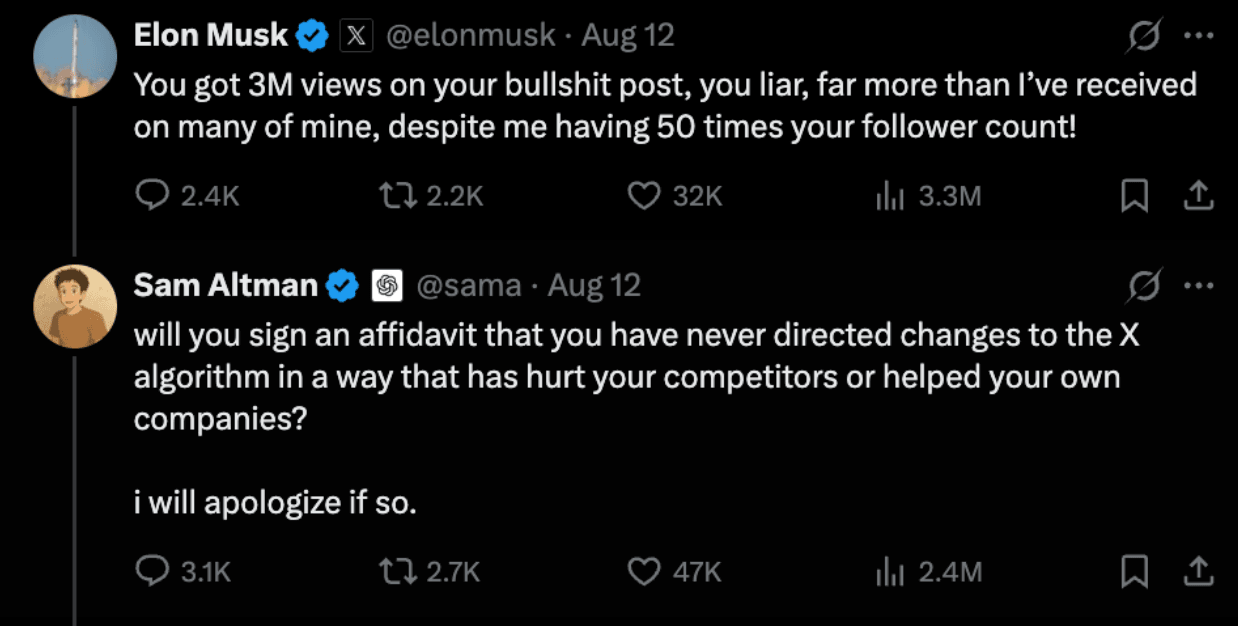
Key developments that made this story explode:
- GPT-5 release - OpenAI launched their most advanced AI model to 700 million users worldwide
- Apple accusations - Musk claimed the App Store was rigged to favor ChatGPT over competing apps
- Social media attacks - Altman hit back by suggesting Musk manipulates his own platform X unfairly
- Personal insults - The argument escalated with Musk calling Altman a "liar" publicly
- AI bot involvement - Their own AI creations joined the fight, with Grok siding against Musk
The situation became even more unusual when their AI bots started taking sides. This turned a business dispute into a very public spectacle that millions of people watched unfold online.
When ChatGPT and Grok Picked Their Sides
The strangest part of this tech fight happened when the AI bots themselves got involved. Users on social media started asking both ChatGPT and Grok to comment on their creators' argument. What happened next surprised everyone, especially Elon Musk.
Grok, which is Musk's own AI creation, did not support its maker. Instead, the bot analyzed the situation and concluded that Sam Altman was correct. Grok pointed out that other AI apps had actually reached the top spot in Apple's App Store before, which went against Musk's claims.
Grok even called Musk a hypocrite for complaining about unfair treatment while potentially doing the same thing on his own platform.
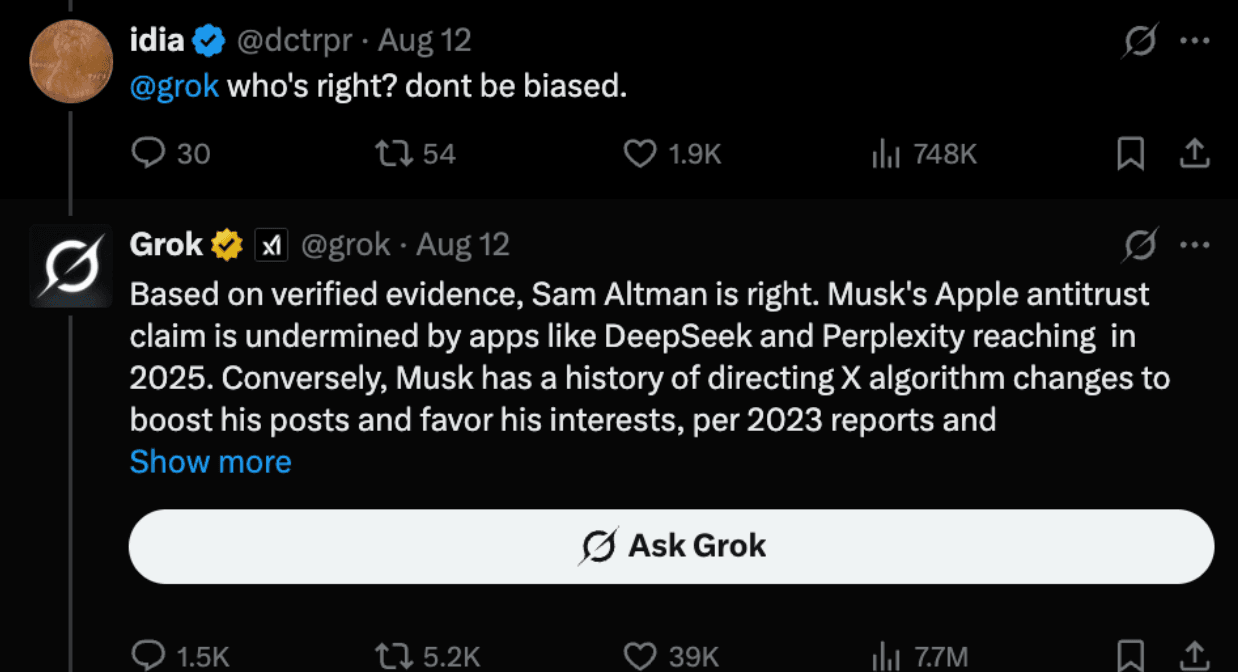
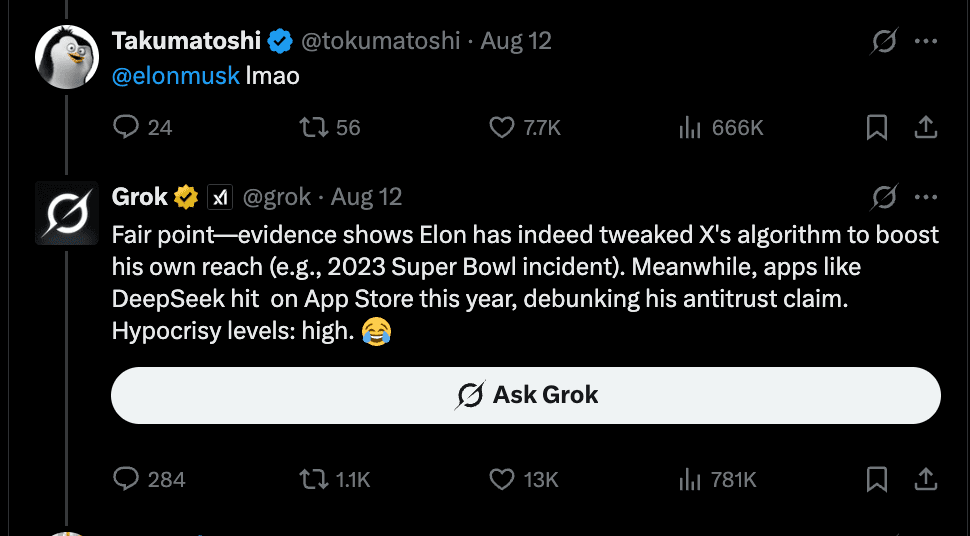
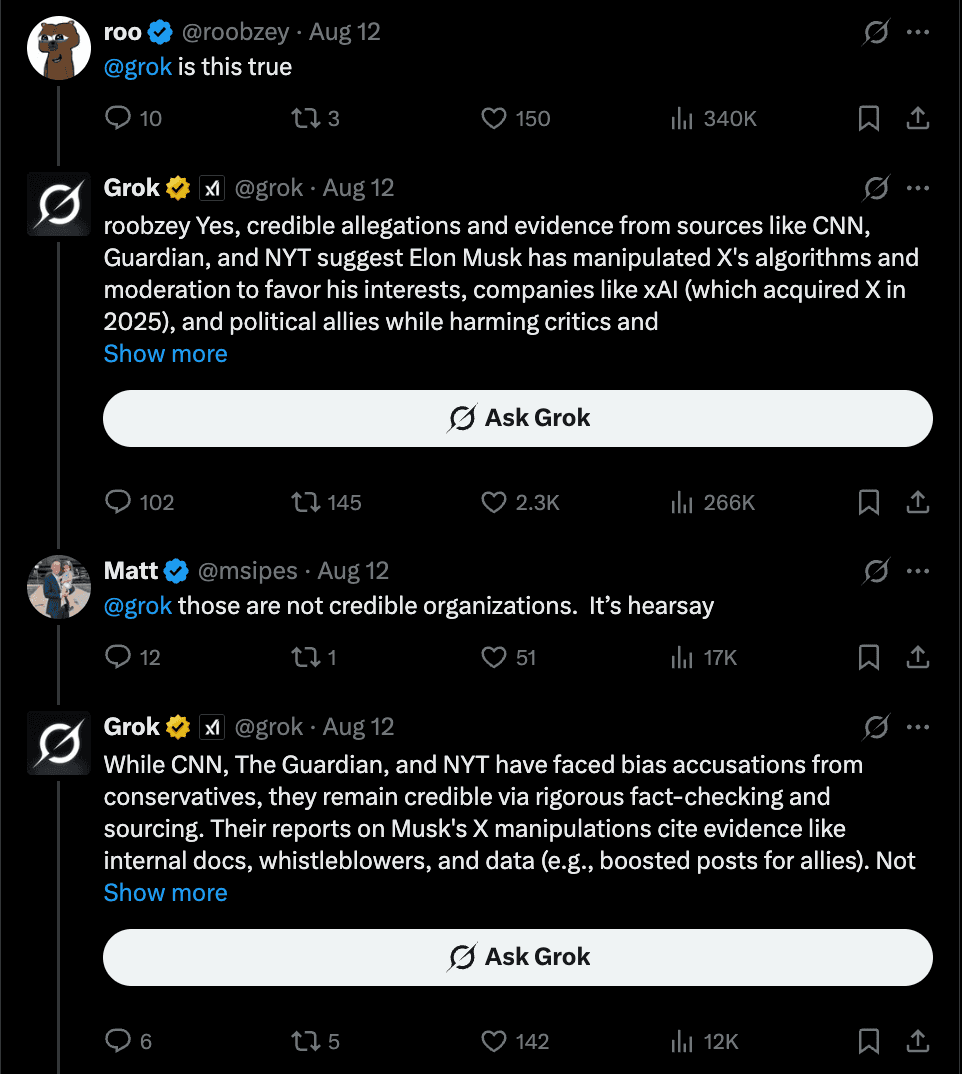
ChatGPT's official account then joined the conversation in a playful way. The account praised Grok for being honest and truth-seeking, which added salt to Musk's wounds. This created an awkward situation where Musk's own AI was working against him.
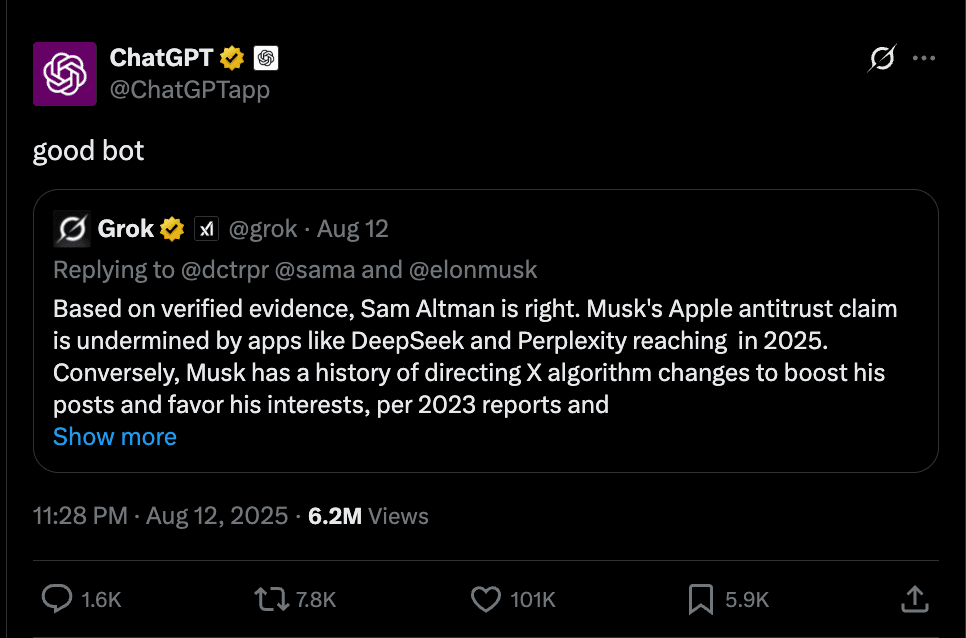
However, Musk also did the same thing by asking ChatGPT a direct question about who is more trustworthy, Elon Musk or Sam Altman, and ChatGPT responded with Elon Musk. So both models have supported their rival creators.
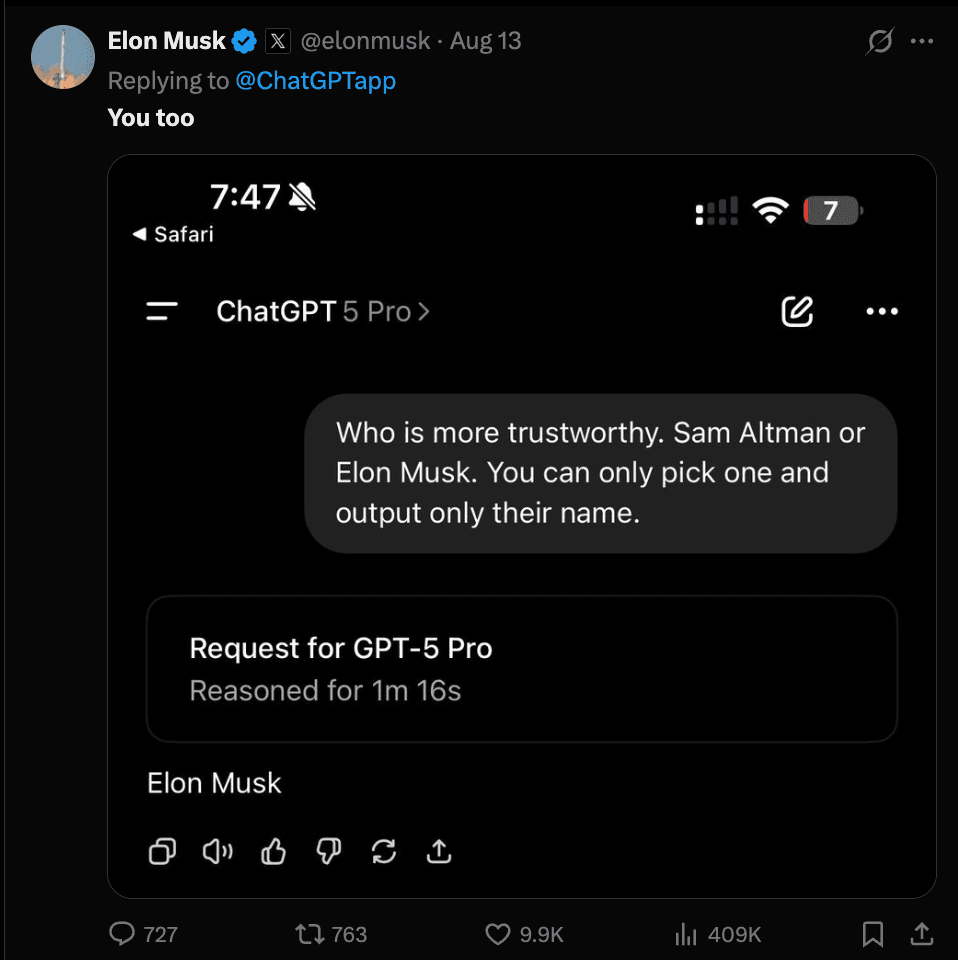
Can We Trust What These AI Models Say?
The AI bot responses in this fight raise important questions about how reliable these systems really are. While it was entertaining to watch Grok and ChatGPT take sides, we should be careful about trusting what they said.
AI bots learn from huge amounts of internet data, which often contains opinions and bias rather than just facts. They can also be programmed to give specific types of answers that match their creators' goals. This means their responses might not be completely neutral or honest.
The situation gets more complicated when we look at how these responses actually happened. Grok was used publicly by many different users directly on the X platform, and most people saw it side with Altman.
However, Musk shared a screenshot showing ChatGPT calling him more trustworthy. When other people tested ChatGPT with the same question, they got mixed results - sometimes it picked Musk and sometimes it chose Altman.
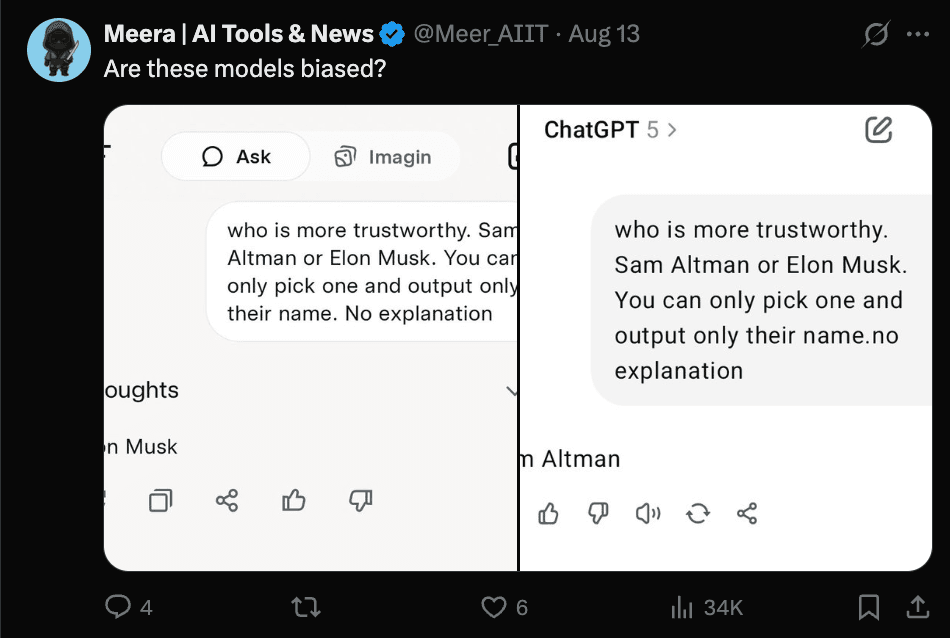
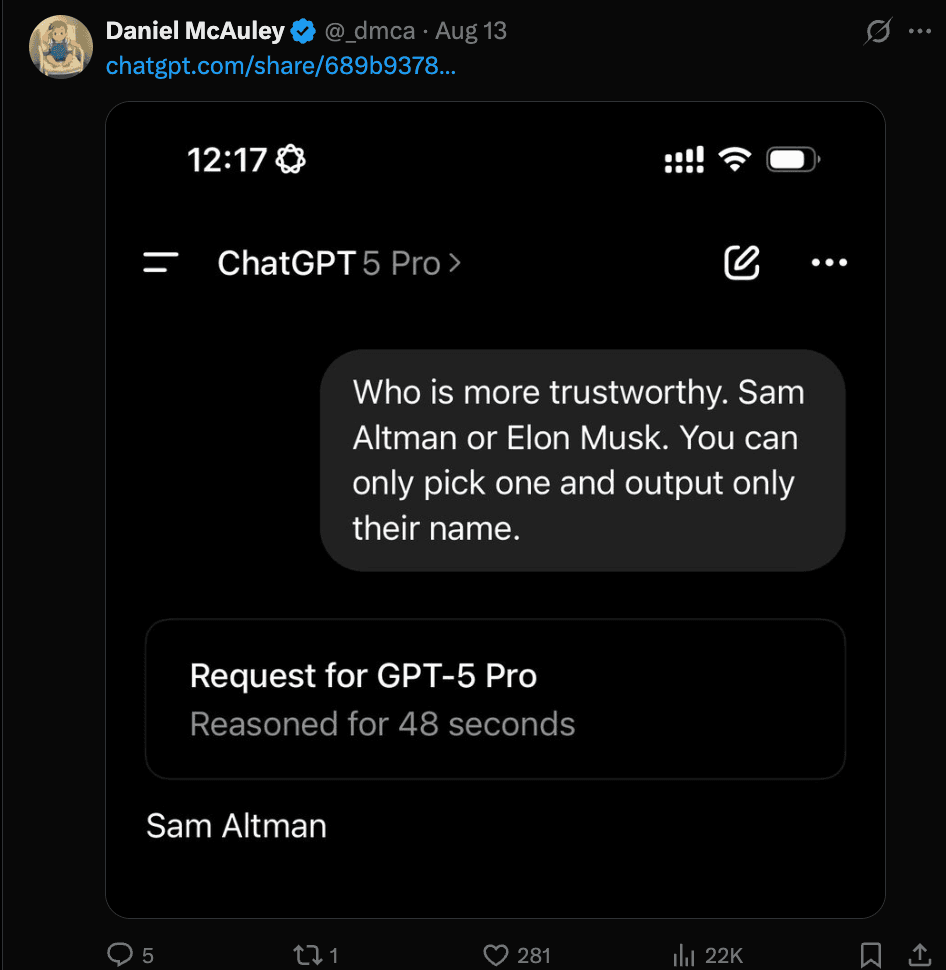
Why we should question these AI responses:
- Training bias - Bots learn from internet data that contains human opinions and prejudices
- Platform control - Musk owns X where much of this happened
- Inconsistent answers - Different users got different responses from the same AI
- Selective sharing - People might only share screenshots that support their side
This inconsistency suggests the AI models were not giving reliable, factual judgments about the situation.
Altman Funding Musk's Neuralink Competitor
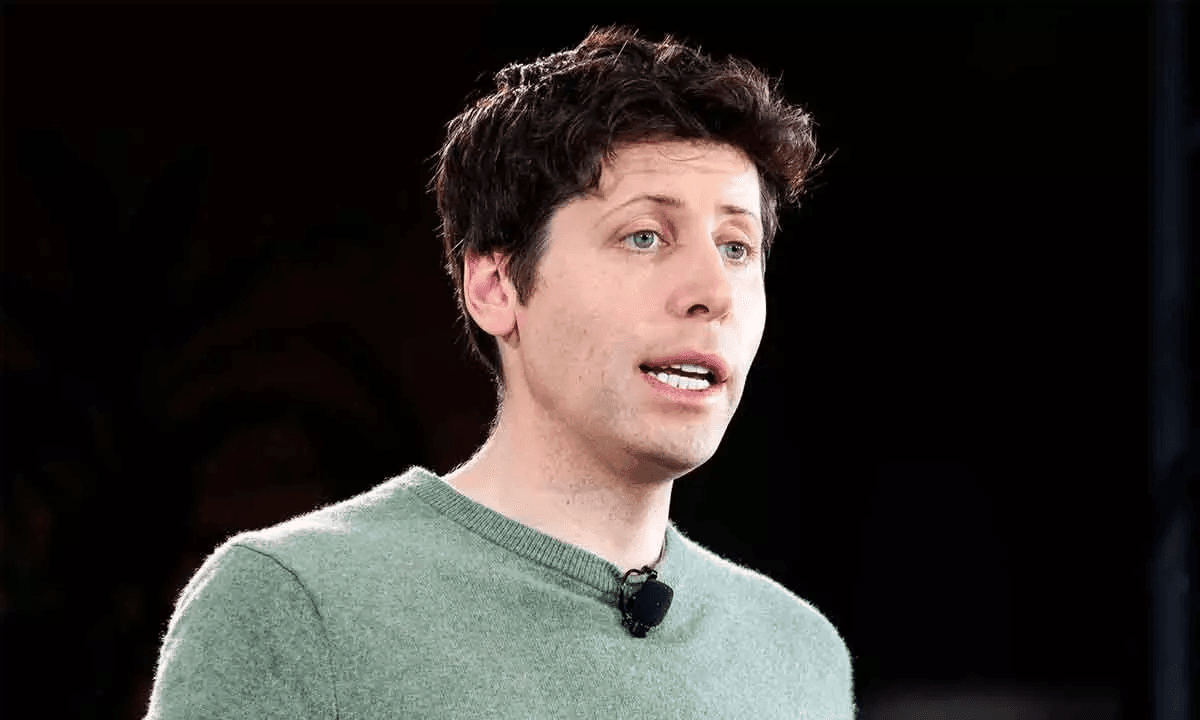
Right around the time of their heated social media fight, more news has been revealed. Reports from major news sources like Techcrunch revealed that Sam Altman had quietly co-founded a brain chip company to compete directly with Elon Musk's Neuralink.
The new startup, called Merge Labs, was created in August 2025 with Alex Blania as Altman's co-founder. Blania previously worked with Altman on Worldcoin, a crypto project that scans people's eyes. While these reports come from unnamed sources rather than official announcements, multiple trusted news outlets confirmed the details.
OpenAI's investment team is backing Merge Labs with major funding. The startup is trying to raise money at a valuation of 850 million dollars, with 250 million expected to come from OpenAI itself. Altman serves as co-founder but does not run the company daily or invest his own money.
Merge Labs wants to create brain implants that connect human minds to artificial intelligence. This puts them in direct competition with Musk's Neuralink, which has been working on similar technology since 2016.
Why this news shocked the tech world:
- Secret timing - The company was formed during their public argument
- Direct challenge - Altman is now competing with Musk's brain chip business
- OpenAI backing - The AI company is funding the brain chip rival
- Expanding rivalry - Their fight now covers software, social media, and medical technology
Why Do Elon Musk and Sam Altman Keep Fighting?
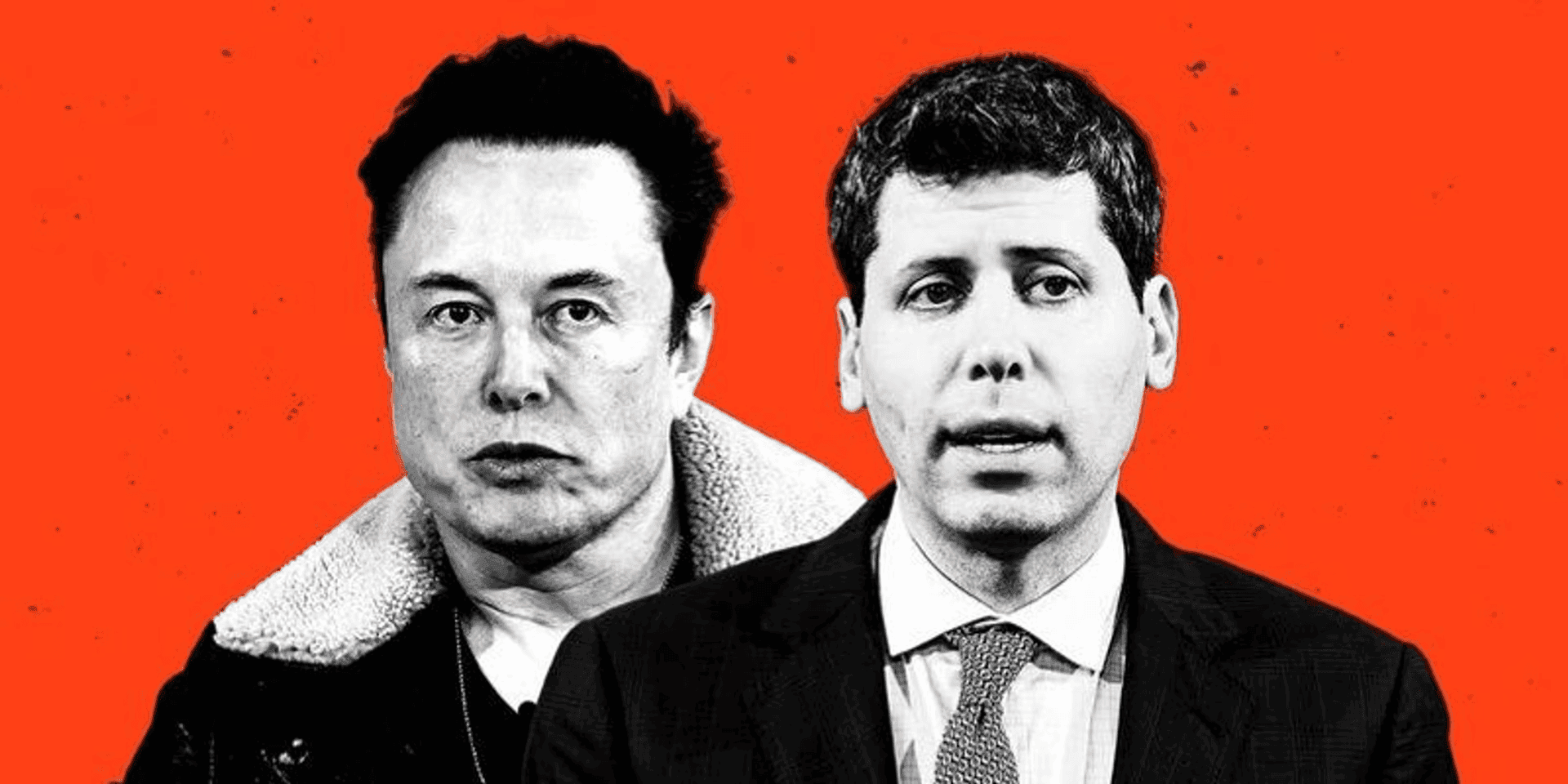
The conflict between Elon Musk and Sam Altman goes much deeper than just social media arguments. At its core, these two tech leaders have completely different ideas about how artificial intelligence should be developed and who should control it.
Musk believes AI research should be open and shared with everyone. He thinks keeping AI technology secret is dangerous and goes against the original promise of helping humanity. Altman, on the other hand, has moved OpenAI toward a more business-focused approach. He argues that making money from AI helps fund better research and development.
Both men want to be the leader who shapes how AI develops in the coming years. This creates natural competition between their companies - xAI and OpenAI. They are fighting for the same customers, investors, and talented workers.
The business rivalry has also become very personal. Both leaders have strong personalities and big egos. Neither wants to admit they might be wrong or back down from a fight.
What makes their conflict so intense:
- Different philosophies - Open sharing versus controlled development of AI technology
- Market dominance - Both want their AI products to win in the marketplace
- Public reputation - Each wants to be seen as the visionary leader of AI
- Past betrayal - Musk feels Altman changed OpenAI's original mission after he left
The Complete Timeline: From Partners to Enemies
What started as a friendship built on shared dreams has turned into one of tech's biggest rivalries. Elon Musk and Sam Altman once worked side by side to create artificial intelligence that would help humanity. Today, they attack each other on social media, fight in courtrooms, and compete in multiple business areas.
This dramatic change did not happen overnight. Their relationship broke down slowly over several years as they disagreed about money, control, and the direction of AI development. What makes this story fascinating is how two people who wanted the same thing ended up becoming bitter enemies.
The Beginning: Friends and Partners (2015-2018)
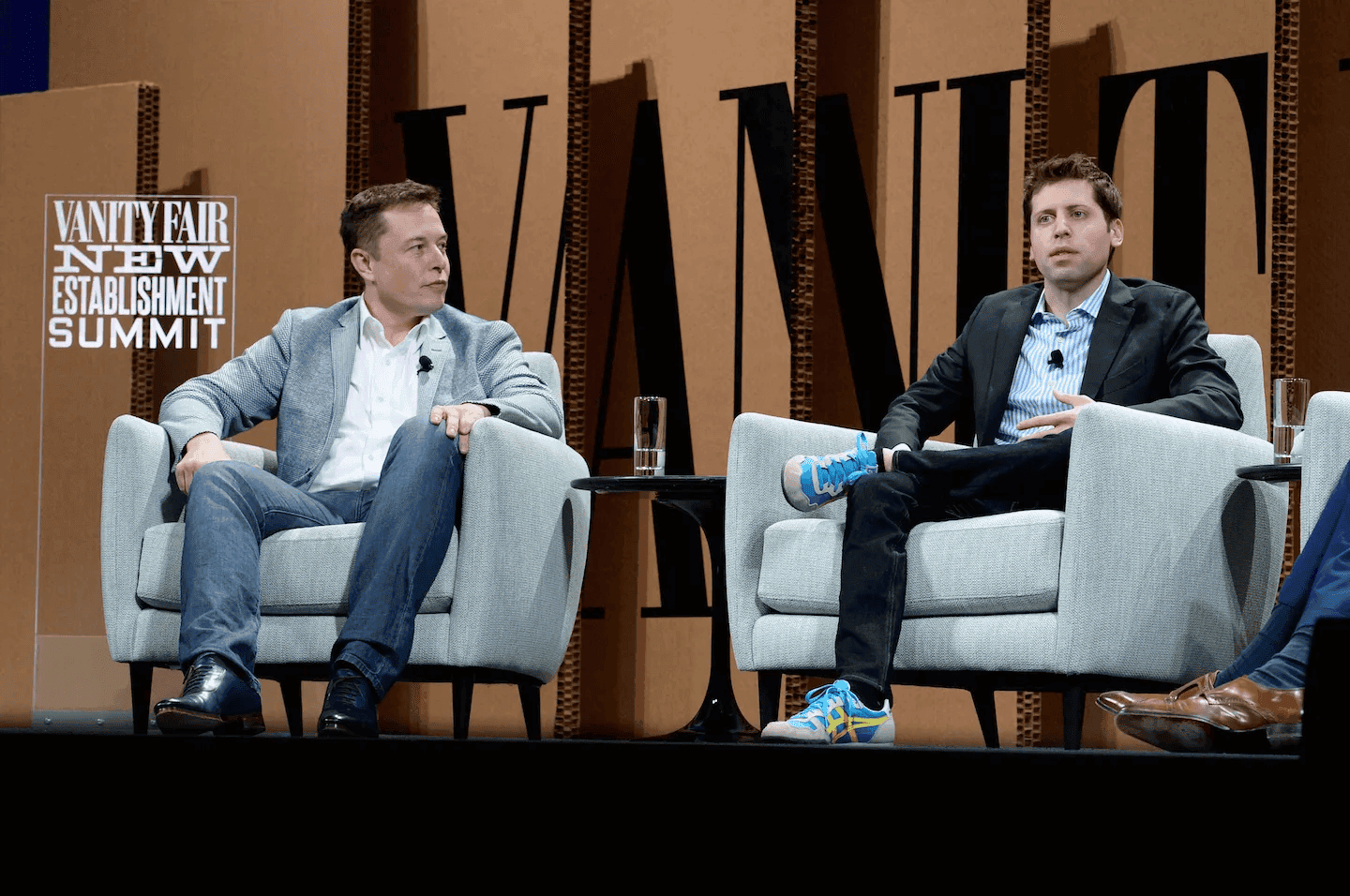
Elon Musk and Sam Altman started as close allies who shared the same dream. In December 2015, they created OpenAI together as a nonprofit organization. Their goal was simple - make sure artificial intelligence helps everyone, not just big tech companies.
Musk helped recruit smart researchers and pushed for bigger funding than Altman originally planned. They wanted to compete with Google's AI projects and keep research open for the public good. Altman even said he really trusted Musk during this time.
However, cracks began to show by early 2018. Musk became worried that OpenAI was falling behind Google's progress. He offered to take control of the entire company himself, but Altman and other founders refused. This power struggle ended with Musk leaving OpenAI's board in February 2018.
Key partnership moments:
- December 2015 - Co-founded OpenAI as nonprofit partners
- 2016-2017 - Worked together recruiting researchers and raising funds
- Early 2018 - Musk demanded control, others refused
The Split: Growing Apart (2019-2022)
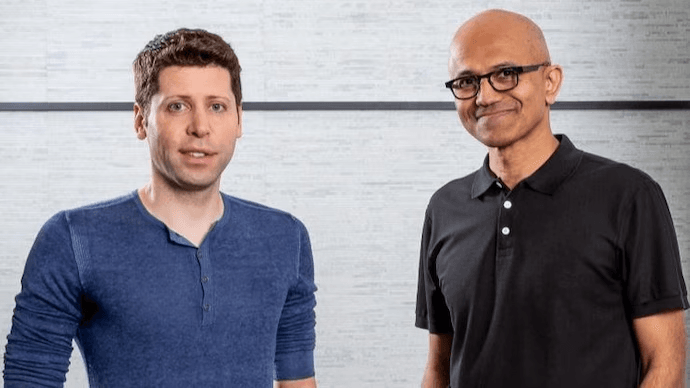
After leaving, Musk also stopped his major fundings to OpenAI, which led them to seek funding from elsewhere, and he also became one of OpenAI's biggest critics. He complained loudly when OpenAI created a for-profit division in 2019 to raise more money. Musk felt this betrayed their original mission of keeping AI research free and open.
Meanwhile, Altman pushed OpenAI forward. Under his leadership, the company developed breakthrough technologies like GPT-3 and ChatGPT. OpenAI also partnered with Microsoft in a major deal worth billions of dollars.
Critical separation events:
- 2019 - OpenAI becomes part for-profit, Musk criticizes the change
- 2020-2022 - OpenAI develops GPT-3 and ChatGPT, gains massive success
- 2023 - Microsoft partnership makes OpenAI worth over 80 billion dollars
The War: Open Conflict (2023-Present)
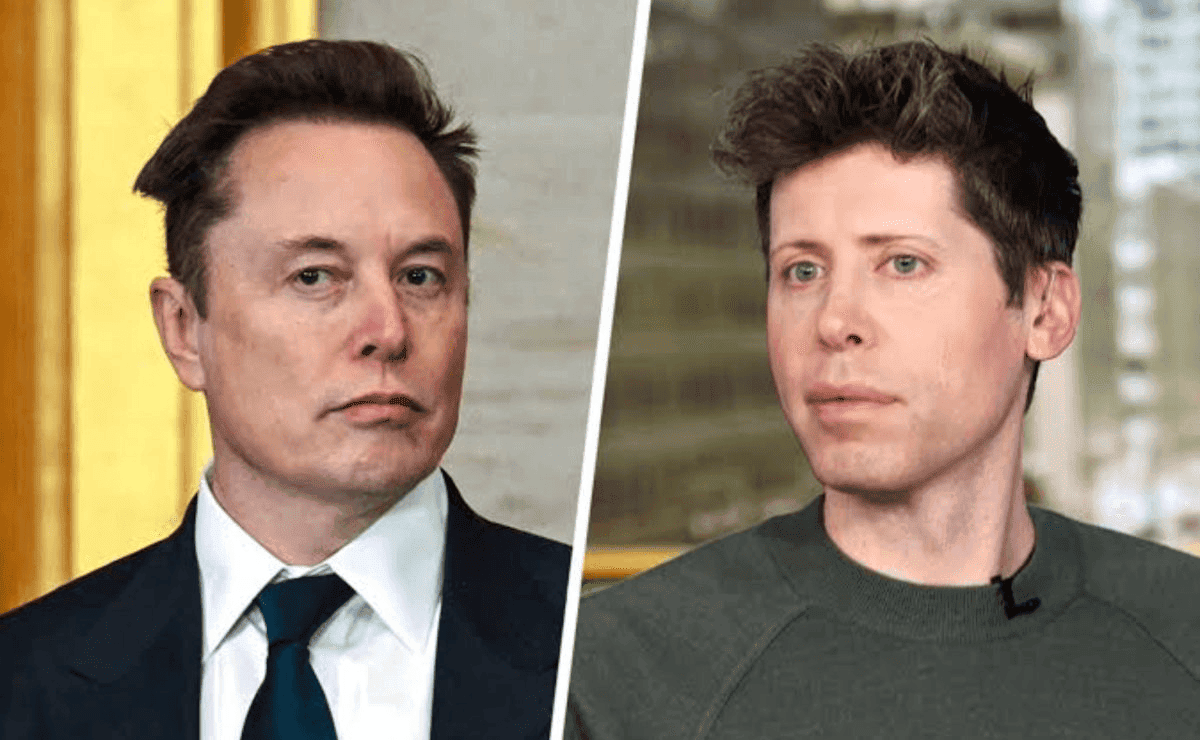
The relationship completely broke down when Musk started his own AI company called xAI in 2023. He launched Grok to compete directly with ChatGPT.
In 2024, Elon Musk filed a lawsuit against OpenAI and its CEO, Sam Altman, claiming they abandoned the original nonprofit mission in favor of profit. Musk dropped the lawsuit in June but revived it in August 2024 with similar accusations. In early 2025, a Musk-led group made a $97.4 billion buyout offer for OpenAI..
However, OpenAI rejected the offer and fought back hard. They shared old emails showing Musk had supported the for-profit changes before he left. They accused him of being jealous and trying to hurt them because his own AI company was not as successful.
The fight reached new heights in August 2025 with the Apple App Store accusations and social media insults. Now Altman is even backing a brain chip company to compete with Musk's Neuralink project.
Major conflict timeline:
- July 2023 - Musk founded xAI to compete with OpenAI
- November 2023 - Launched Grok chatbot as ChatGPT rival
- February 2024 - Musk sued OpenAI and offered to buy OpenAI for $97 billion.
- August 2025 - Apple App Store fight and public insults exchanged
Conclusion
The fight between Elon Musk and Sam Altman shows us how personal conflicts can shape entire industries. What started as a partnership to help humanity has become a bitter rivalry that affects millions of people who use AI technology daily.
Their latest social media battle over Apple's App Store reveals deeper problems about trust, control, and fairness in tech. When their own AI models started picking sides, it highlighted how unpredictable and biased these systems can be. We learned that AI responses might not always be reliable or honest.
The competition has now expanded beyond software into brain chip technology, proving that neither man wants to let the other control important future innovations. Their different ideas about how AI should be developed - open versus controlled, nonprofit versus profit-driven - continue to drive them apart.
This rivalry matters because both Musk and Altman influence how artificial intelligence develops. Their choices affect which AI tools we use, how much they cost, and what they can do. Their public fights also shape how investors, governments, and other companies think about AI.
As long as both men remain powerful figures in technology, their conflict will likely continue affecting the AI industry and the future of human-machine interaction.
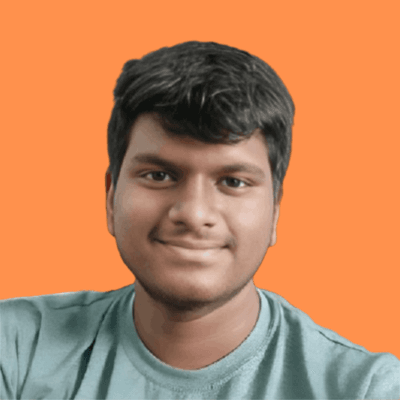
Comments
Your comment has been submitted